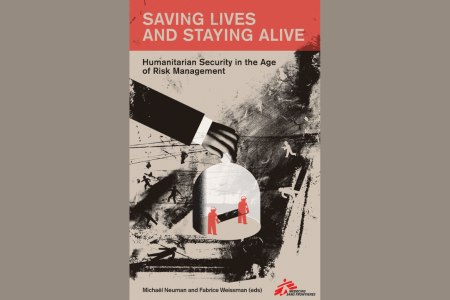 Book
Book
03/29/2016
Michaël Neuman
Fabrice Weissman
When MSF nurse Chantal Kaghoma regained her freedom in August 2014 after being held hostage for thirteen months by rebel group ADF in the DRC, she said, “While I was in prison with all the other hostages, I had lost all faith in everyone"
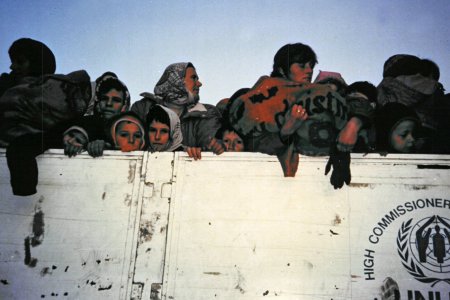 Hans Ullens/MSF
Speaking Out Case Studies
Hans Ullens/MSF
Speaking Out Case Studies
02/09/2016
Laurence Binet
On 14 December 1995, the signing of the Dayton Peace Accords ended the separatist war in former Yugoslavia and created the State of Bosnia-Herzegovina.
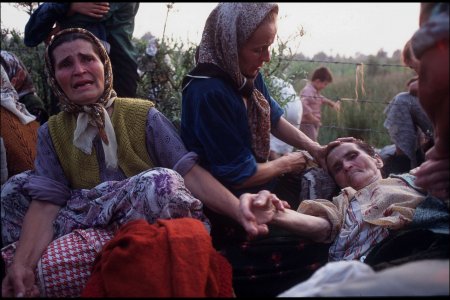 Olivier Jobard/MYOP
Speaking Out Case Studies
Olivier Jobard/MYOP
Speaking Out Case Studies
07/17/2015
Laurence Binet
The case study ‘MSF and Srebrenica 1993-2003' explores the constraints and dilemmas raised when MSF spoke out about the events that occurred in Srebrenica's Muslim enclave.
 R. Chalasani
Speaking Out Case Studies
R. Chalasani
Speaking Out Case Studies
06/23/2014
Laurence Binet
This case study describes the constraints and dilemmas facing Médecins Sans Frontières teams that witnessed a process of terror and expulsion which they described as the ‘deportation' of Kosovar Albanians by Serb forces.
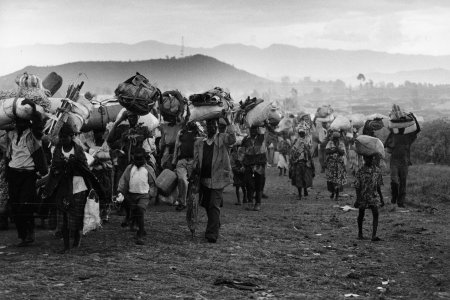 Remco Bohle
Speaking Out Case Studies
Remco Bohle
Speaking Out Case Studies
04/03/2014
Laurence Binet
The ‘Hunting and killings of the Rwandan refugee in Zaire/Congo' case study is describing the constraints and dilemmas faced by Médecins Sans Frontières' teams in 1996 and 1995 when trying to bring assistance to the Rwandan refugees in Eastern Zaire.
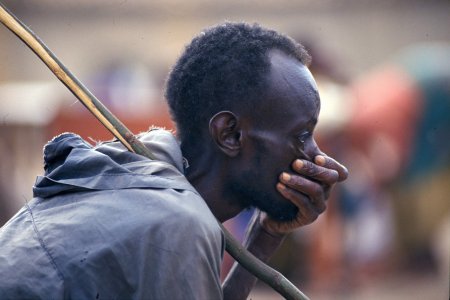 Roger Job
Speaking Out Case Studies
Roger Job
Speaking Out Case Studies
04/03/2014
Laurence Binet
This case study is describing the difficulties and dilemmas met by Médecins Sans Frontières (MSF) during the genocide of Rwandan Tutsis in April, May and June 1994.
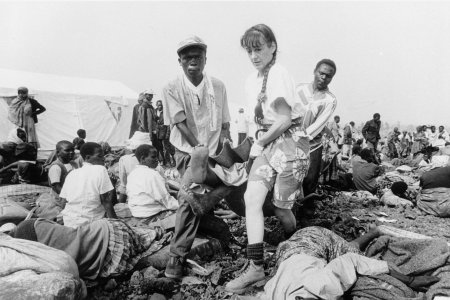 Remco Bohle
Speaking Out Case Studies
Remco Bohle
Speaking Out Case Studies
04/03/2014
Laurence Binet
This case study is describing the constraints and dilemmas met by MSF when confronted with camps under the tight control of "refugee leaders" responsible for the genocide of the Rwandan Tutsis from April to June 1994.
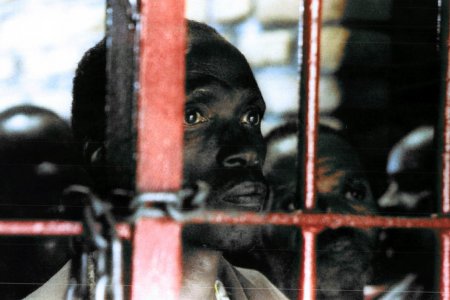 Corinne Dufka
Speaking Out Case Studies
Corinne Dufka
Speaking Out Case Studies
04/03/2014
Laurence Binet
This case study is describing the difficulties and dilemmas that Médecins Sans Frontières faced in 1994 and 1995 when confronted with the abuses and crimes of the new regime that had taken over in Rwanda in July 1994.
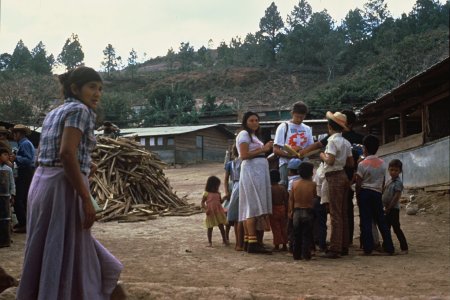 MSF
Speaking Out Case Studies
MSF
Speaking Out Case Studies
12/17/2013
Laurence Binet
The « Salvadoran Refugee Camps in Honduras 1988 » case study describes the dilemmas regarding a stance that ... was not supposed to be public.
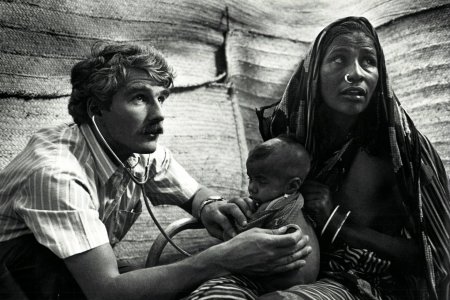 Sebastiao Salgado
Speaking Out Case Studies
Sebastiao Salgado
Speaking Out Case Studies
11/13/2013
Laurence Binet
The "Famine and Forced Relocations in Ethiopia 1984-1986" case study is describing the difficulties and dilemmas met by MSF during the famine that decimated the Ethiopian population in 1984-1985.
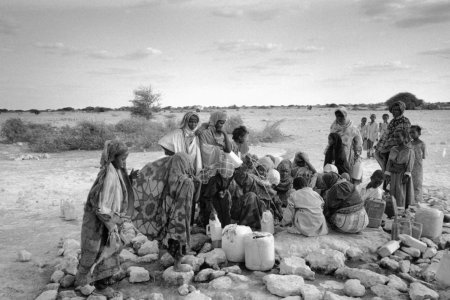 Petterik Wiggers
Speaking Out Case Studies
Petterik Wiggers
Speaking Out Case Studies
11/13/2013
Laurence Binet
The ‘Somalia 1991-1993: Civil War, Famine Alert and a UN "Military-Humanitarian" Intervention‘ case study is describing the difficulties and dilemmas met by MSF during the first years that it was committed to helping the Somali people.
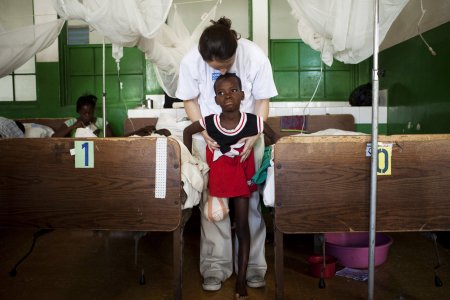 William Daniels
Cahier
William Daniels
Cahier
10/02/2013
Marc Le Pape
Suzanne Bradol
Our survey bears something of a resemblance to a study carried out by Vanja Kovacic in Homa Bay, Kenya, in which she investigated patients’ disease coping mechanisms and their “dependence on medical institutions”.
 Book
Book











